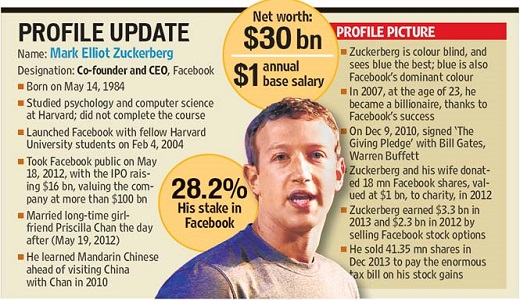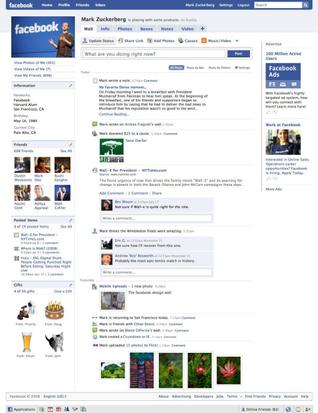Cisco sues Apple over use of iPhone trademark
Cisco Systems has filed a lawsuit against Apple accusing the company of infringing its iPhone trademark, the networking company said Wednesday.
The suit also accuses the iPod maker of using a front company to try to acquire rights to the name.
Cisco accused Apple in a suit filed in United States District Court for the Northern District of California of willingly infringing its trademark when it announced the new iPhone at the Macworld Expo in San Francisco on Tuesday.
Cisco said in the complaint that Apple had attempted to get rights to the iPhone name several times, but after Cisco refused, the company created a front company to try to acquire the rights another way, according to the lawsuit.
Mark Chandler, senior vice president and general counsel at Cisco, said in an interview that the companies were close to finalizing a deal Monday night that would have allowed both Cisco and Apple to use the iPhone name. One aspect of the agreement called for some sort of technical interoperability between Cisco’s Linksys Internet telephony products and Apple’s cell phone. Chandler said the hope was that by making the products interoperable, it would help alleviate confusion among customers, who would likely be target consumers for both products.
The companies left the negotiating table at 8 p.m. Monday with only a few points left to negotiate, Chandler said. Then on Tuesday, Apple CEO Steve Jobs took the stage at the Macworld Expo and, amid much fanfare, unveiled the new “iPhone.”
“We indicated that it was important that the negotiations be completed before the launch of their product,” Chandler said. “Our expectation was that our name wouldn’t be used without permission. And it is a surprise when any large company announces a product using a name they don’t have a right to use.”
Chandler said Cisco made it clear after Apple’s launch that negotiations needed to be completed immediately, but he said Cisco has still not heard from Apple.
Full story: CNET News.com






